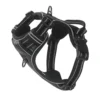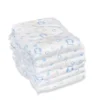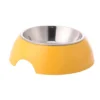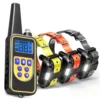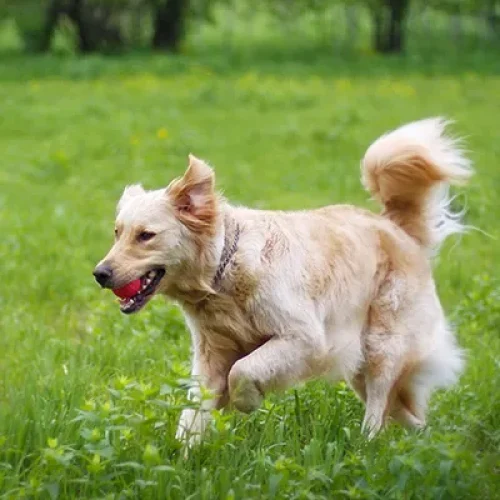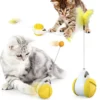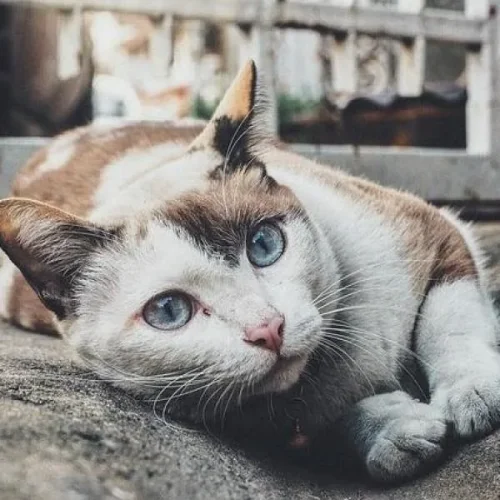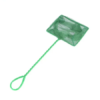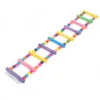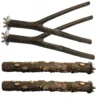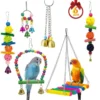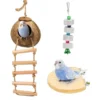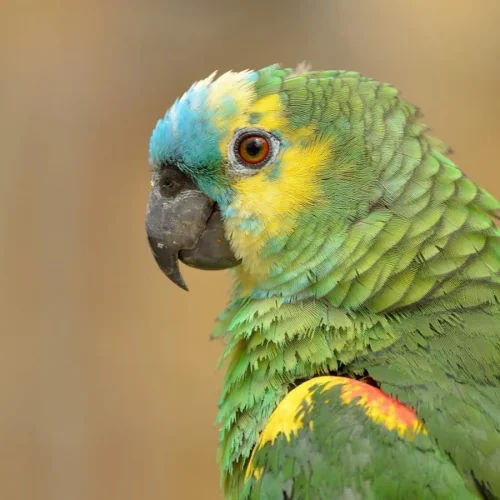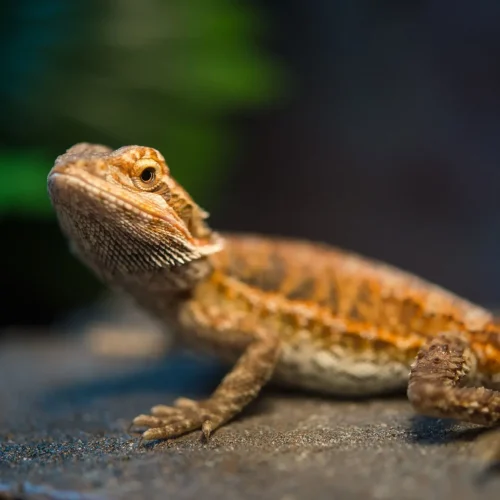Understanding the 7 Common Causes of Pet Anxiety
Pets, our beloved companions, can sometimes exhibit behaviours that indicate they’re experiencing anxiety. From trembling during thunderstorms to exhibiting destructive behaviour when left alone, it’s important for pet owners to understand the various reasons behind their furry friends’ distress. Let’s explore seven common causes of pet anxiety.
Separation Anxiety:
Pets, especially dogs, can develop separation anxiety when they’re left alone for extended periods. This stems from their strong attachment to their owners and their fear of abandonment. Symptoms may include excessive barking, destructive chewing, or attempting to escape.
Loud Noises:
Pets may become anxious when exposed to loud noises, such as fireworks, thunderstorms, or construction noises. These sounds are especially upsetting to them due to their keen hearing, which causes them to act in ways like hiding, shaking, or running to their owners for comfort.
Medical Conditions:
Pet anxiety may be exacerbated by underlying physical issues such as pain, discomfort, or hormone imbalances. Pets may react to physical illnesses by displaying symptoms like worry. Seeing a veterinarian is essential to ruling out any possible health problems.
Traumatic Events:
Traumatic events can have a profound impact on pets, just like on people. Accidents, mistreatment, or terrifying experiences can all leave long-lasting psychological scars that cause anxiety and fear reactions in animals.
Lack of socialization:
Proper socialization is essential for pets to develop confidence and adaptability. Animals that haven’t been adequately socialized during their formative months may exhibit anxiety when faced with new people, animals, or environments.
Age-Related Anxiety:
As pets age, they may experience age-related anxiety due to cognitive decline, physical limitations, or changes in routine. Senior pets may become more anxious as they face new challenges and adjustments in their daily lives.
Environmental Stressors:
Environmental factors such as changes in the household, moving to a new location, or the addition of a new pet can contribute to pet anxiety. Pets thrive on routine and familiarity, so disruptions to their environment can trigger feelings of insecurity and anxiety.
Seeking Professional Guidance
Understanding the various reasons behind your pet’s anxiety is essential for providing them with the care and support they need. Whether it’s separation anxiety, fear of loud noises, or past traumatic experiences, addressing these underlying issues can help alleviate your pet’s distress and improve their quality of life.
Looking for ways to help your pet overcome anxiety? Check out our comprehensive guide on managing pet anxiety for practical tips and strategies.
At Pet Daily Kit, we believe that every pet deserves a life filled with love, compassion, and understanding. By shedding light on the underlying causes of pet anxiety and equipping ourselves with the knowledge to address them, we can create a world where our furry friends feel safe, secure, and truly cherished.
Join our community of pet lovers today, and together, let’s embark on a journey of unconditional love and companionship—one wagging tail at a time. Remember, a happy pet is a healthy pet, and we’re here to ensure that every day is a tail-wagging adventure for you and your beloved companion.
Follow us Here for more insightful content, heart warming stories, and expert tips to make every moment with your pet truly unforgettable. Together, we’ll pave the way for a brighter, happier future for pets everywhere.

